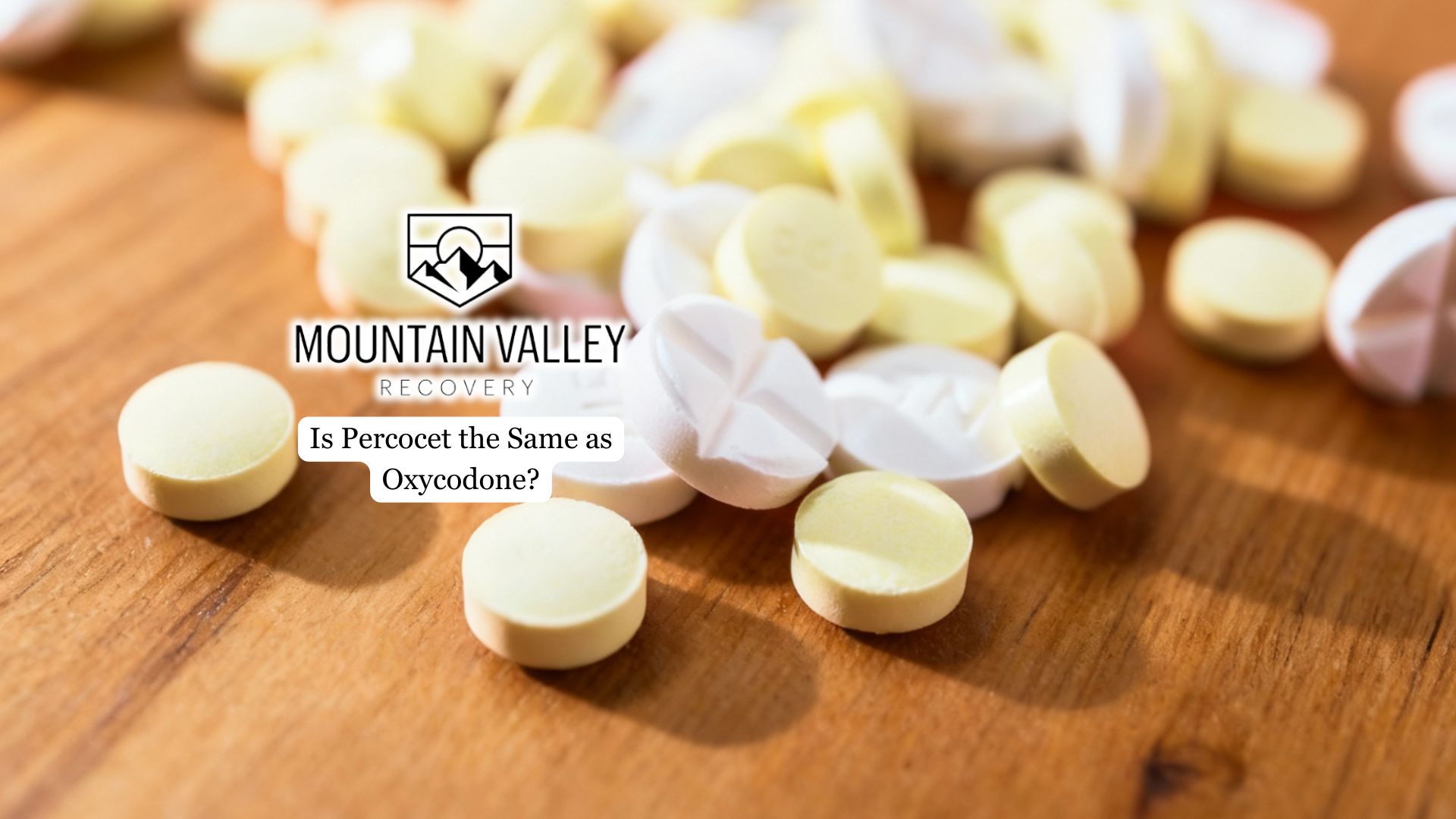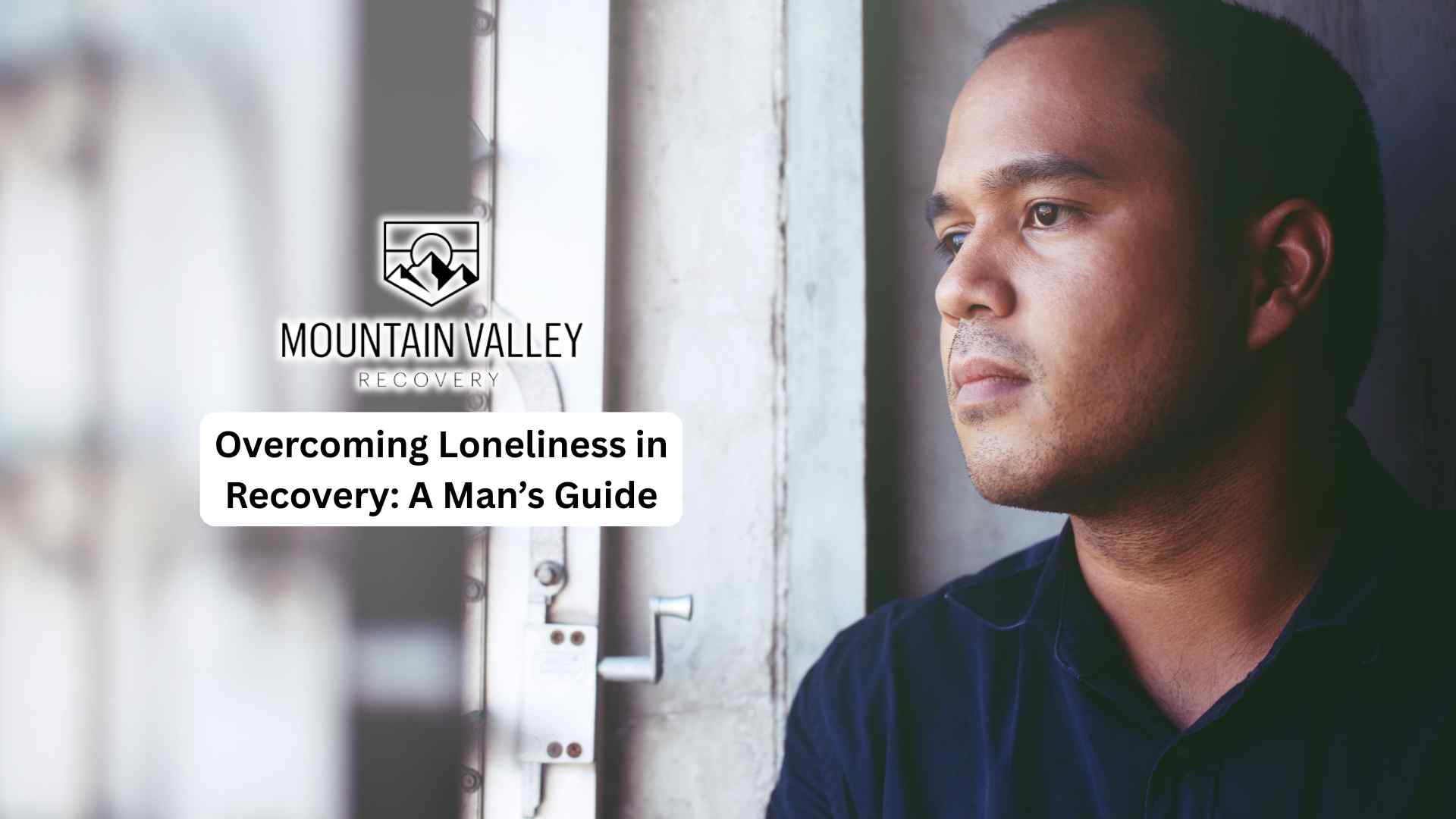Ativan (lorazepam) is a prescription benzodiazepine often prescribed for anxiety, insomnia, and certain seizure disorders. Alcohol, a widely used depressant, also affects the central nervous system. While both substances are commonly used on their own, combining them can be extremely dangerous.
This article explains what happens when Ativan and alcohol are mixed, the short- and long-term risks involved, and why understanding these dangers is critical for anyone considering or currently using either substance.
Why Mixing Ativan and Alcohol Is Dangerous
Ativan and alcohol both act as central nervous system (CNS) depressants. This means they slow brain activity, lower heart rate, and decrease respiratory function. When taken together, their effects multiply rather than simply add up. This interaction can lead to dangerously slowed breathing, impaired judgment, and even fatal overdose. The overlap in how these substances work is what makes the combination so harmful.
In addition to physical risks, both substances impair decision-making and increase impulsivity. This can result in reckless behavior such as unsafe driving, fights, or other choices with lasting consequences. For men under stress, the combination often creates a cycle of using more to cope with the problems caused by misuse.
In many cases, this cycle becomes so overwhelming that inpatient rehab offers the safest path to recovery, providing the structured care and round-the-clock supervision necessary to break free from both substances.
Short-Term Risks of Combining Ativan and Alcohol
The immediate dangers of mixing Ativan and alcohol are severe. Even small amounts can cause:
- Extreme drowsiness or sedation that limits alertness
- Loss of coordination and balance
- Confusion or memory lapses that disrupt judgment
- Slurred speech and slowed reaction times
- Dangerously slowed breathing or heart rate
These effects can appear quickly and may escalate to unconsciousness or death. Accidents and risky decision-making are also far more likely when under the influence of both substances.

Long-Term Effects of Ativan and Alcohol Misuse
For men struggling with ongoing use, the long-term risks of mixing Ativan and alcohol are significant. Chronic misuse can lead to:
- Dependence on one or both substances
- Increased risk of liver damage and gastrointestinal issues
- Worsening anxiety, depression, or other mental health conditions
- Cognitive impairment, including long-lasting memory problems
- Heightened risk of overdose, especially if tolerance develops
Over time, the body becomes less able to recover from these effects, leading to long-term health complications and difficulty functioning in daily life.
The Risk of Dependence and Withdrawal
Ativan is habit-forming, especially with prolonged use. Alcohol carries its own high risk of dependency. Together, they increase the likelihood of developing a substance use disorder. Ativan and alcohol withdrawal from either can be dangerous, but combined the risk is even higher. Symptoms may include tremors, severe anxiety, hallucinations, seizures, and delirium tremens.
Because of these dangers, medical support is critical. Attempting to quit suddenly without professional supervision can be life-threatening. Structured programs provide safe monitoring and reduce complications.
Why Professional Help Matters
Breaking free from Ativan and alcohol misuse is difficult without support. Both are CNS depressants that reinforce each other, making self-detox unsafe and often unsuccessful. Professional treatment offers medical care to manage withdrawal, therapy to address underlying issues, and a supportive environment to rebuild life.
Evidence-based therapies such as cognitive-behavioral therapy (CBT), trauma-informed care, and peer support help men gain tools for long-term recovery. Structured treatment also reduces the risk of relapse by providing accountability and strategies for handling triggers.
Final Thoughts from Mountain Valley Recovery
Mixing Ativan and alcohol is not only risky—it can be life-threatening. Both substances depress the central nervous system, and when combined, they increase the risk of overdose, long-term health complications, and dependency. Understanding these dangers is essential for anyone using Ativan, drinking alcohol, or struggling with both.
At Mountain Valley Recovery, we understand the unique challenges men face when dealing with substance misuse. Our treatment programs are designed to address the dangers of prescription drug and alcohol interactions with comprehensive care. Our men-only rehab in Utah provides medical support, evidence-based therapy, and vocational training to help clients build lasting recovery.





